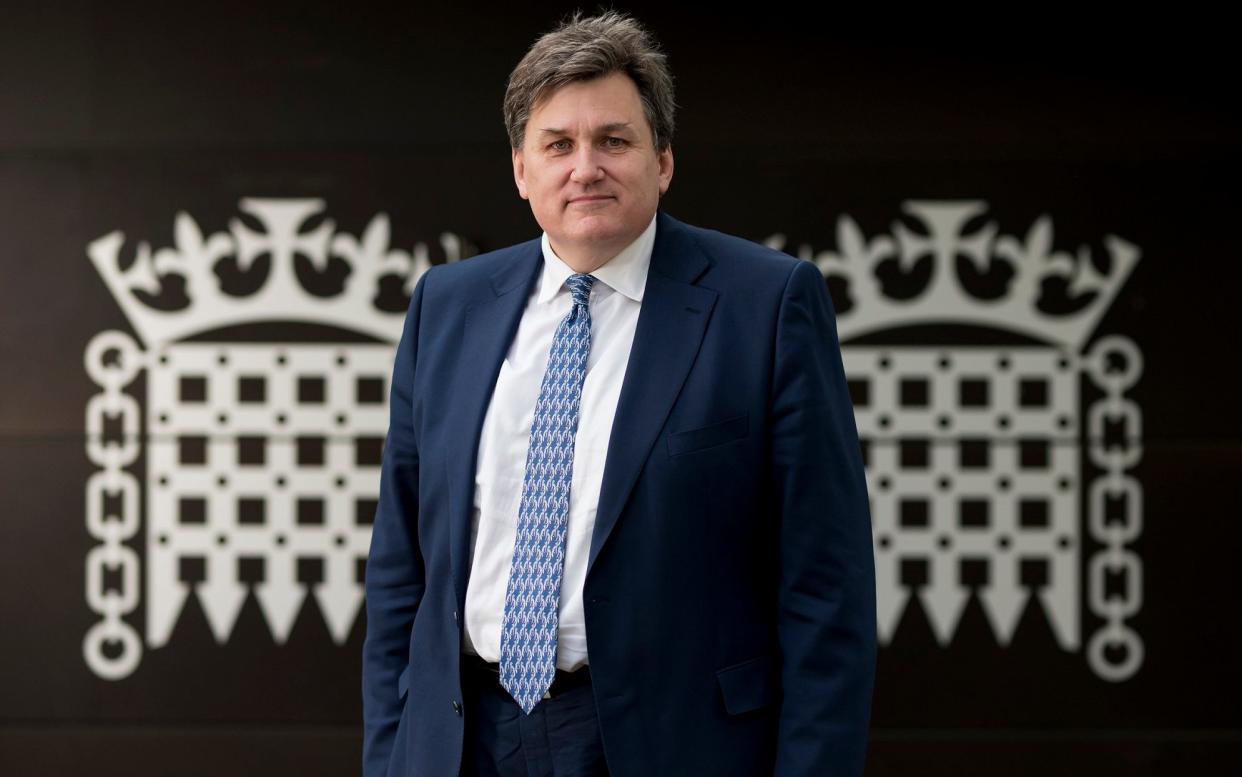Police told to boost BAME recruitment to be representative of population

Police forces have been told to step up minority ethnic recruitment after a report showed it will take 90 years for them to be fully representative of the black and minority ethnic (BAME) population.
Kit Malthouse, the policing minister, said he was writing to police chiefs to urge them to ensure they increased diversity in the recruitment of 20,000 extra police officers.
As of December, some 7.5 per cent of police officers in England and Wales were BAME, despite the current BAME population being projected at 17.2 per cent.
A 2.8 per cent increase in the last decade has been driven mainly by the recruitment of Asian and mixed ethnicity officers. Black officers represent just 1.2 per cent and their numbers have increased by only 0.3 per cent in the last 10 years, according to research by the Police Foundation.
Twenty-eight of the 43 forces in England and Wales have seen no increase in the proportion of black officers in this time, while 23 saw decreases. More than a quarter of forces do not have a single black officer, with almost 40 per cent having one or fewer.
"BAME populations are outpacing the rate of change in BAME police officer proportions," said Stephen Walcott, a Police Foundation researcher. "If the average annual rate of change between 2015 and 2020 continues, it will take over 90 years for the police service of England and Wales to be representative of the BAME population of 2050."
Mr Malthouse said: "Attracting more officers from a wide range of ethnic and socio-economic backgrounds is a core ambition in the Government's unprecedented recruitment drive – and, while progress is being made, we cannot be complacent or accept a slowing of pace.
"I am writing to police leaders today to ensure their recruitment appeals to and is open to all, while attracting the highest quality of talent."
There are also gender disparities, with the proportion of female BAME officers having increased by just 1.3 per cent in the past decade, compared with 5.9 per cent for female white officers. Of the two per cent of chief officers that are BAME, none are female.
Mr Walcott said: "For policing by consent to be effective, all members of the community must feel that the police are there to serve them and that the police will treat them fairly and with respect.
"Black, in particular black Caribbean, and mixed ethnicity communities have much lower levels of confidence in the police than white British people do. Having a police service that is more representative of the communities it serves is one important way of addressing this lack of trust and confidence."

